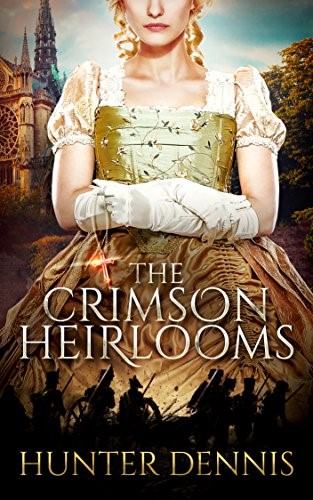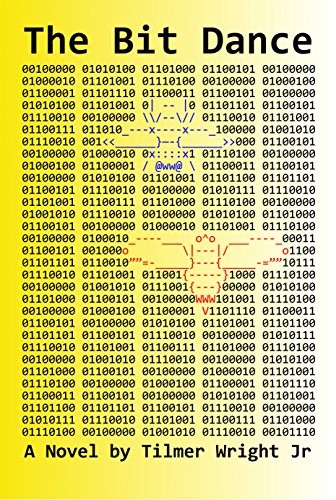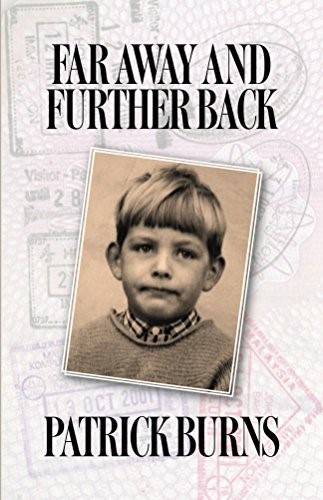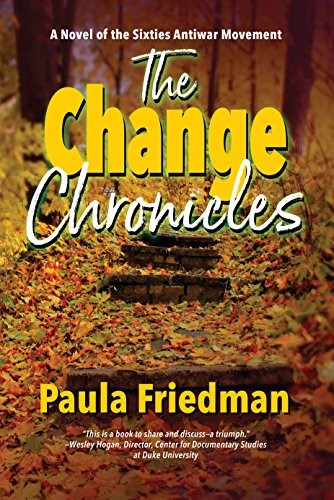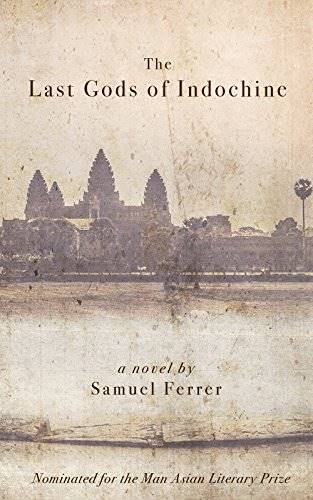

Golish has produced a technically well-written science fiction, based on near future power politics and warfare. The twist with a difference is the medical enhancement of two rival leaders brain function; enhancements that has been compromised by the Perfect Recall team for a third superpower. Doctored memories are replayed in the protagonists’ minds, upsetting mental balance and so altering tactical decisions. One is eventually driven to a mental and physical breakdown, but only after his has ruined any chance of military success.
We are in a post polar ice-caped world, which has managed to maintain current levels of technology, but at great cost to humanity. The world is in power blocks based on existing geo-political realities, projected forward through the growing climate and general environmental crisis. The blocks are in an almost constant state of military rivalry that breaks out into regional war. The book has very much a male mindset, relying to a high degree on the escalation to war to drive the drama.
Note that that Golish concentrates his words on building his political and technological space in near future time rather than on looking deeply into the characters than populate the story. There are spells of character development of at least two or three of the main players, though more would help emotional buy-in, for at least this reader. Many of the cast are one dimensional, so the opening ‘dramatis personae’ is useful if one loses the plot. Despite some difficulty in developing any emotional connection with individuals the book has an exciting build. There is a balanced mix of near future technology and familiar superpower real politic and warcraft. I found no flaws in the plot, or in its execution; allowing for medical and technological inventions that are, for now at least, science fiction. Some of the content Is written a little long, and even superfluous. Deep description can be welcomed if one is building empathy or disdain for individuals. It is demanding of concentration here where the detail of technology and plot dominates.
This book is intended to be a pacesetter for a series of books based on mind enhancing technology. This should excuse some of the over-writing in the first outing. I really enjoyed reading this book, and his rather dystopian take on the future, aren’t they all. It is certainly worth five of those stupid stars that seem designed to empower those that relish doing more harm than good, by so woefully reducing every aspect of a book to individual reader’s taste. Five gold ‘kisses’ doesn’t mean this work couldn’t be made better if the author worked with a suitably exacting content editor. Or else, Golash like so many new writers, needs to play his own devil’s advocate much harder. The unknown, unconnected, independent author is usually highly financially constrained, making the job of producing first-class books far more difficult than it is for the very few, usually ‘known’ insiders, who manage to get big publisher support. That doesn’t mean we ‘the unlauded’ shouldn’t strive for perfection. Copy editing errors mostly relate to verb tense selection, and lack of full liaison between some sentences.
This book deserves to be read and positively reviewed. I very much look forward to the next instalment.

 2
2

